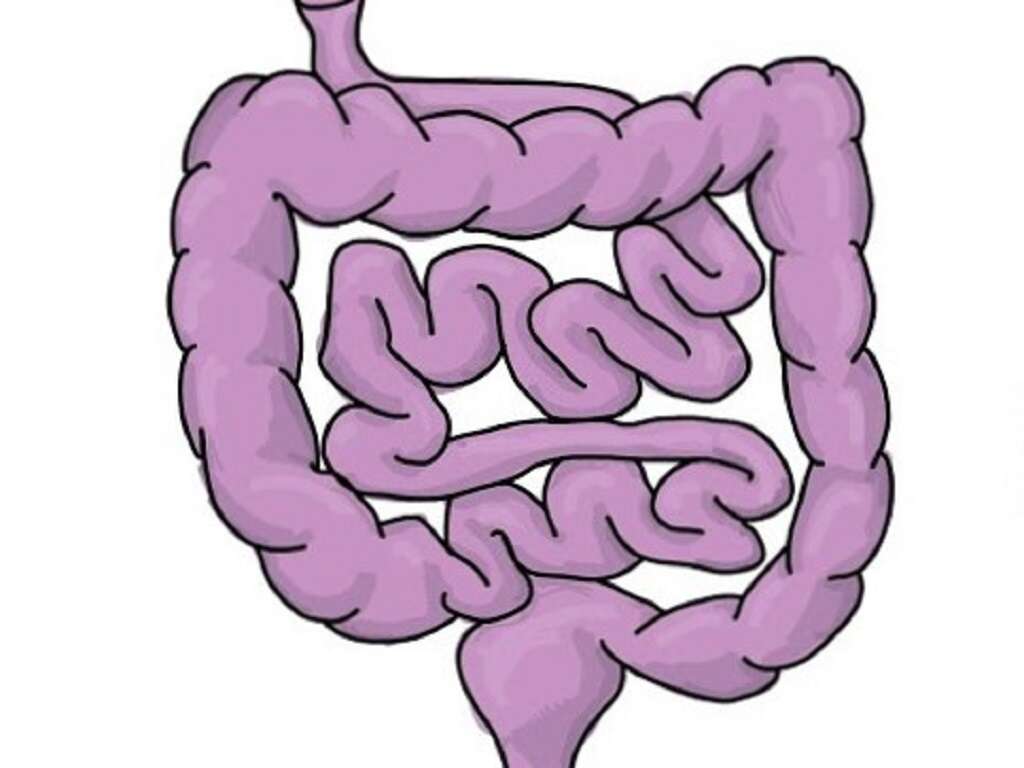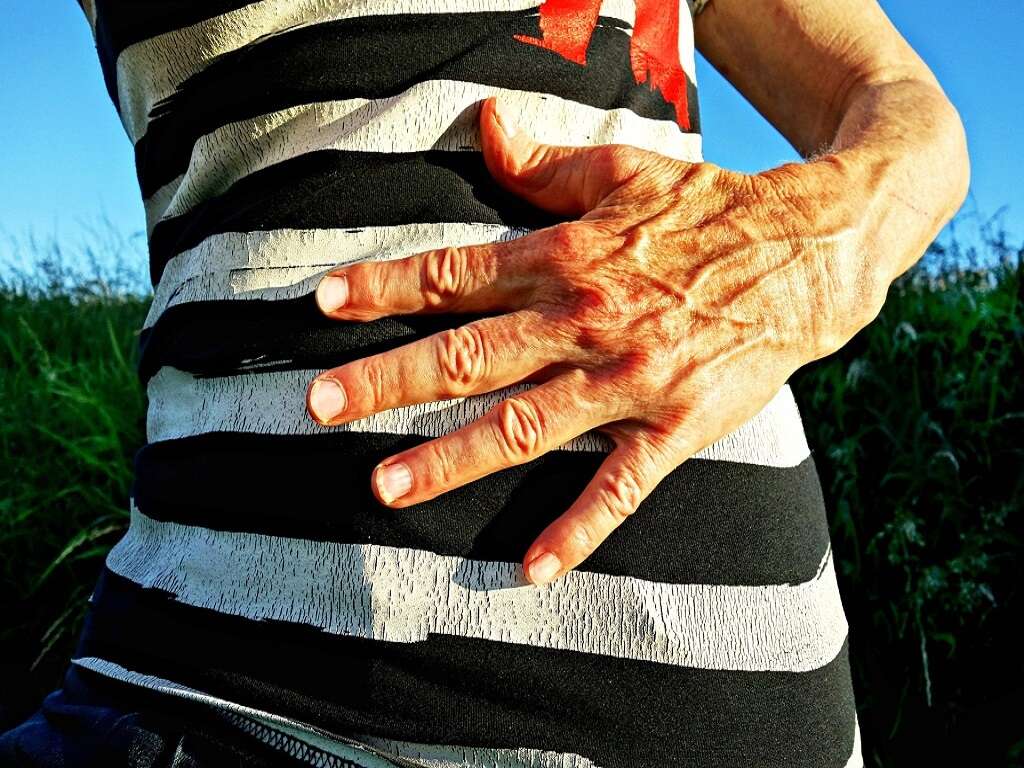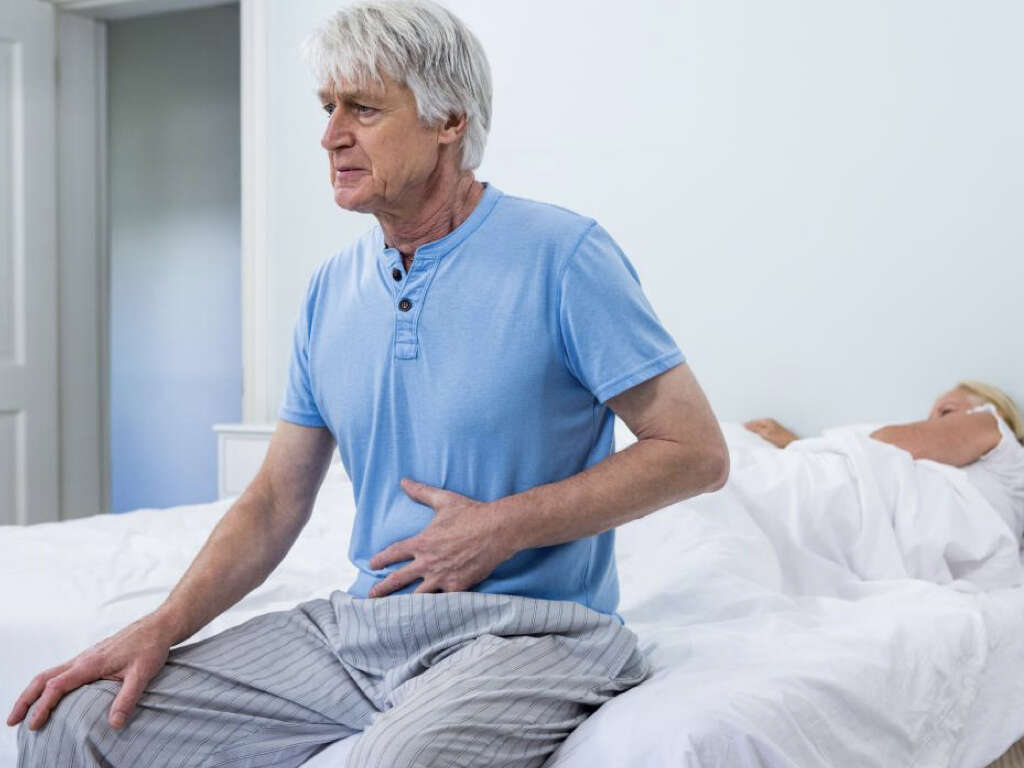Stomach Inflammation Symptoms, Causes and More
Those who experience stomach pain and discomfort may want to get tested for stomach inflammation, also known as gastritis. It involves the inflammation of the stomach lining and can have a number of possible causes. While some symptoms might be the same across the board, others might indicate very specific causes.
Ways of overcoming gastritis range from a change in dietary habits to chronic medication. While stomach inflammation doesn't always indicate a serious condition, it's worth having prolonged discomfort checked out by a physician. Serious conditions that may arise from gastritis include cancer and bleeding ulcers.
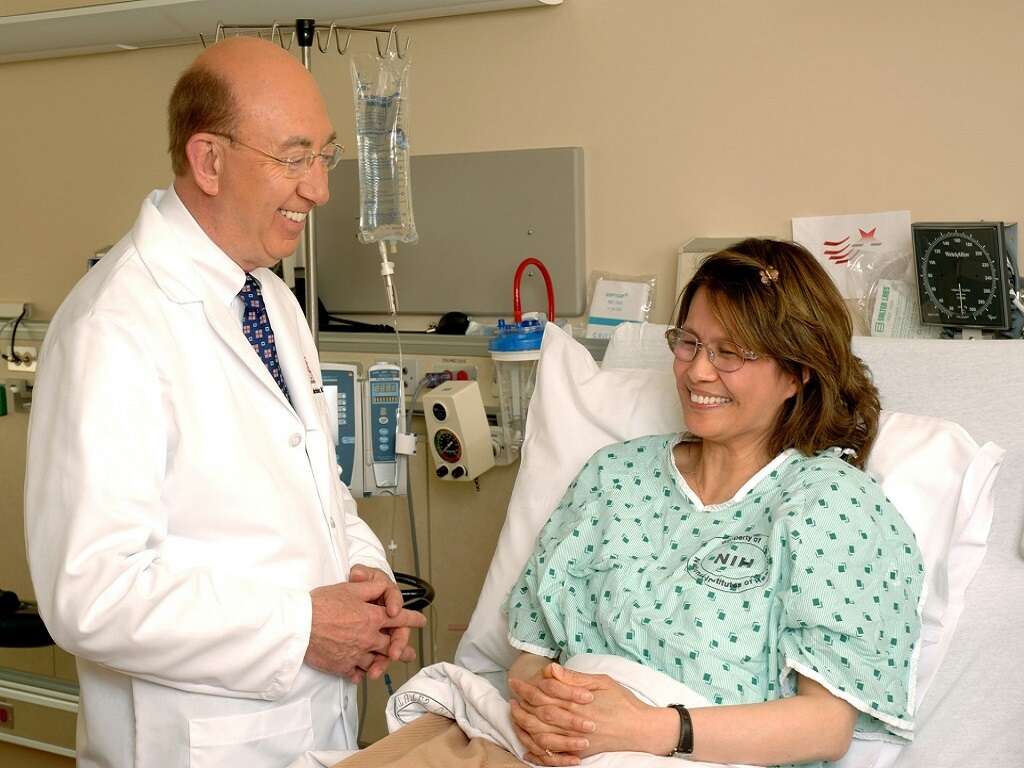
Understanding Acute and Chronic Gastritis
While they may seem like interchangeable terms, acute and chronic gastritis are quite different. Acute gastritis is caused by an infection or temporary inflammation of the stomach. It can commonly be resolved with the right diet or medication or a combination of both.
Chronic gastritis refers to long-term damage. This type of inflammation of the stomach lining requires a different approach to care, as it may lead to anemia because the body is unable to absorb Vitamin B12. Chronic gastritis may seem serious, but it usually doesn't cause too much discomfort or pain.

Difference Between Erosive and Nonerosive Stomach Inflammation
Nonerosive gastritis is usually caused by a Helicobacter pylori (H. pylori) infection, which can involve superficial or deep gastritis or gastric atrophy. Those who have it may have little to no symptoms, and the only way of confirming the diagnosis is through an endoscopy.11. Vakil, Nimish. ‘Nonerosive Gastritis - Gastrointestinal Disorders - MSD Manual Professional Edition.’ MSD Manual Professional Edition, www.msdmanuals.com/professional/gastrointestinal-disorders/gastritis-and-peptic-ulcer-disease/nonerosive-gastritis
Erosive gastritis affects the stomach lining by wearing it down. This can be a dangerous condition, and the course of action may include removing the cause. Erosive gastritis can be fatal if not attended to.

Possible Causes of Stomach Inflammation
Chronic alcohol abuse is one of the major contributors to gastritis because it can erode the stomach lining. Medical conditions, such as autoimmune disease and bile reflux, can also inflame the stomach lining.
Other causes of stomach inflammation include bacterial infections and medication. Physical stress, such as sudden and severe injury, also affects the stomach lining. The injury doesn't have to affect the stomach directly to cause gastritis. Brain injuries and burns can also contribute to gastritis.

Symptoms of Stomach Inflammation
Gastritis doesn't always have noticeable symptoms and may be confused with indigestion or heartburn. Noticeable symptoms include bloating, nausea and vomiting. Less obvious symptoms are tarry stool and vomiting blood.
You may also feel a burning sensation in the upper abdominal area and experience the onset of stomach ulcers. Accompanying symptoms may include a feeling of being full, a loss of appetite and losing weight without changing anything in the daily lifestyle.

Possible Stomach Inflammation Complications
While gastritis isn't normally considered serious, there are times when it's important to seek further medical attention. Those who have already undergone treatment and don't feel an improvement should go for further testing.
Prolonged gastritis may cause ulcers and bleeding in the stomach, which may lead to other more serious complications. Rarely, some forms of chronic gastritis may increase the risk of stomach cancer, especially if there is an extensive thinning of the stomach lining and changes in the lining's cells.
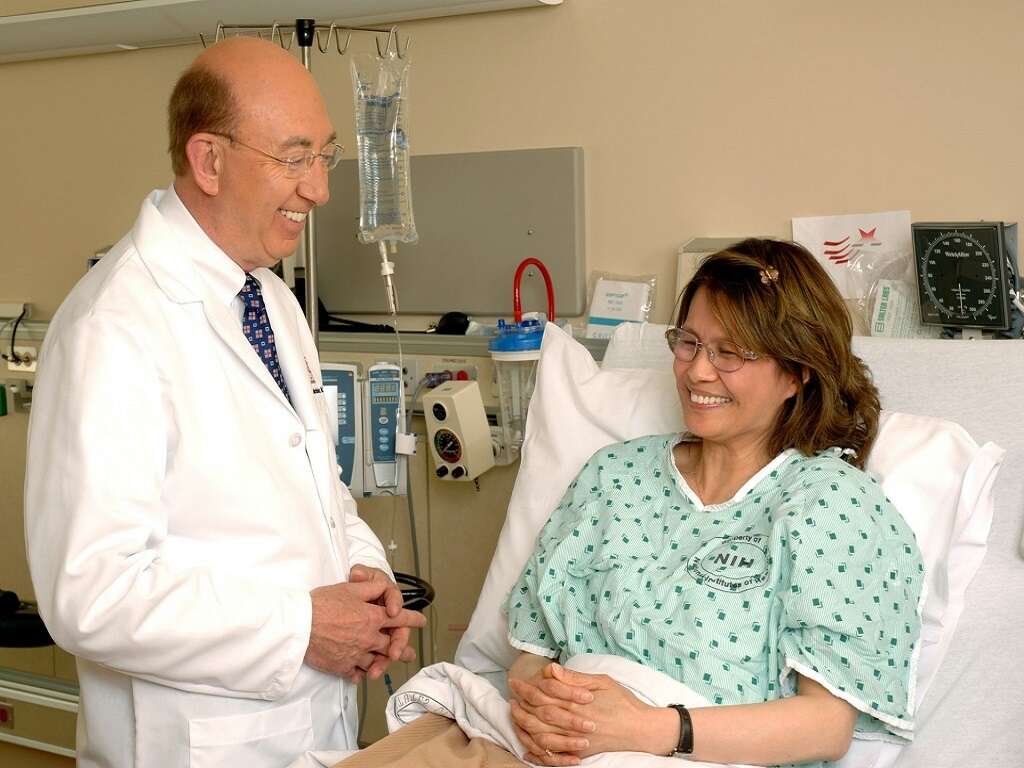
A Change in Lifestyle and Diet
There are certain foods that can exacerbate the symptoms of gastritis. These include spicy foods, caffeine, soda and fried foods. Alcohol is also on the list, as it's a known cause of gastritis.
Foods that promote a healthy stomach and can alleviate some of the symptoms are lean proteins and fresh fruits and vegetables. Smaller meals also help your stomach digest food easier, and the addition of probiotics to the diet encourages gut health.
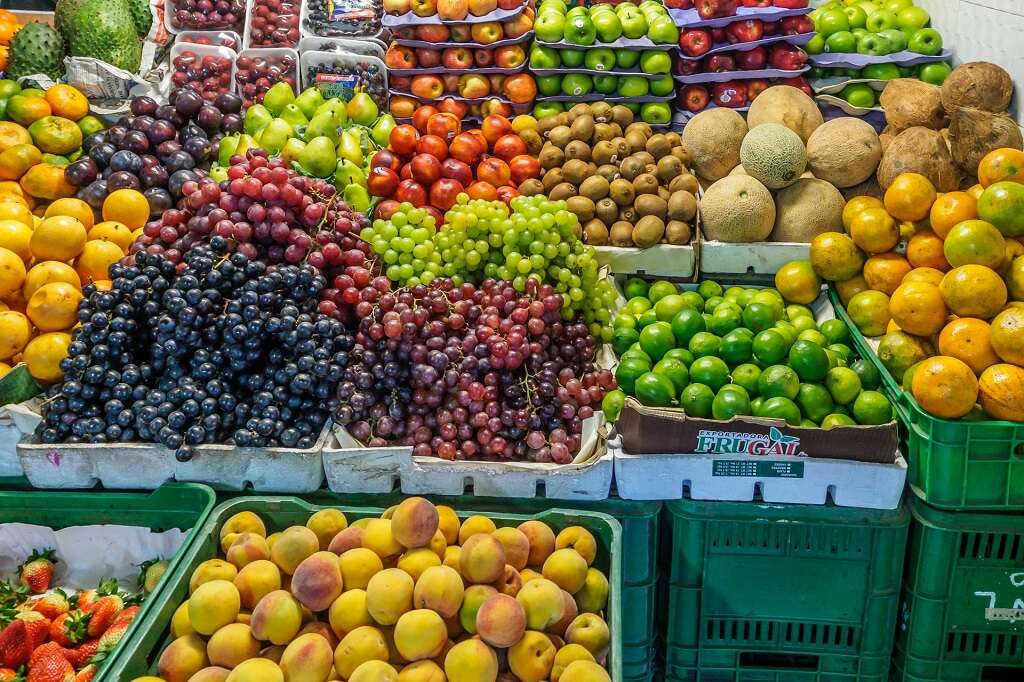
Care Options
Care options vary, depending on the cause of the stomach inflammation. If it's caused by a bacterial infection, a physician might prescribe an antibiotic. To alleviate acid reflux, antacids are usually prescribed. Antacids also help with the acid level in the stomach, thanks to the active ingredient, calcium carbonate.
Histamine blockers can also assist with the reduction of stomach acid. People who have ulcers may be prescribed proton pump inhibitors to block the production of acid in the stomach.

Preventative Measures To Take
While there are a number of things that can cause gastritis, there are certain measures that can reduce its effects. A healthy lifestyle and reduced consumption of caffeine and alcohol can go a long way. It's also important to manage stress, which could cause a flare-up.
Other measures include having your last meal at least two to three hours before lying down to rest or sleep. Patients can also eat smaller meals to reduce the acid production needed for digestion.

Can Stomach Inflammation Be Cured?
Acute stomach inflammation is usually managed through medication and a change in diet. In acute stomach inflammation, there usually is not any permanent damage to the stomach lining.
Chronic stomach inflammation can also be managed. A permanent change in diet and the right treatment could help heal the stomach lining. However, if damage is caused to the stomach lining, gastritis might remain permanently, and it may lead to other complications.
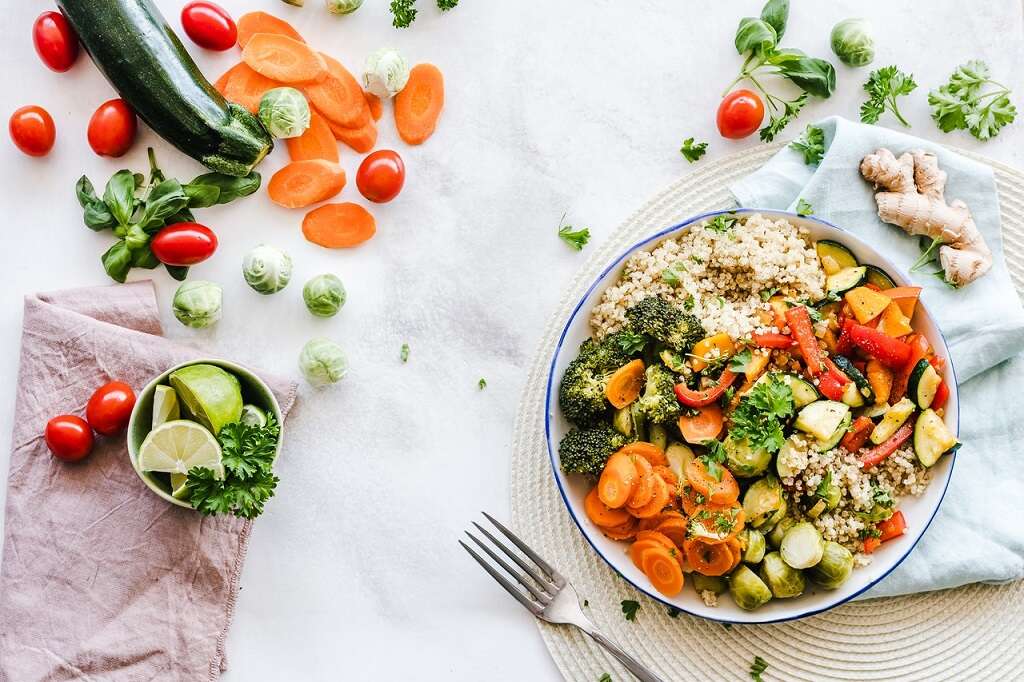
Avoiding Heliobacter Pylori Infections
Researchers are still determining the way H. pylori infection spreads. It's suspected that it spreads from person to person through direct contact, such as touching or using the same utensils. Regular hand-washing may help prevent the spread of the infection.
The H. pylori infection causes stomach inflammation and can lead to small sores and ulcers in the stomach lining. Seeking medical advice is important, as H. pylori could lead to serious conditions.




